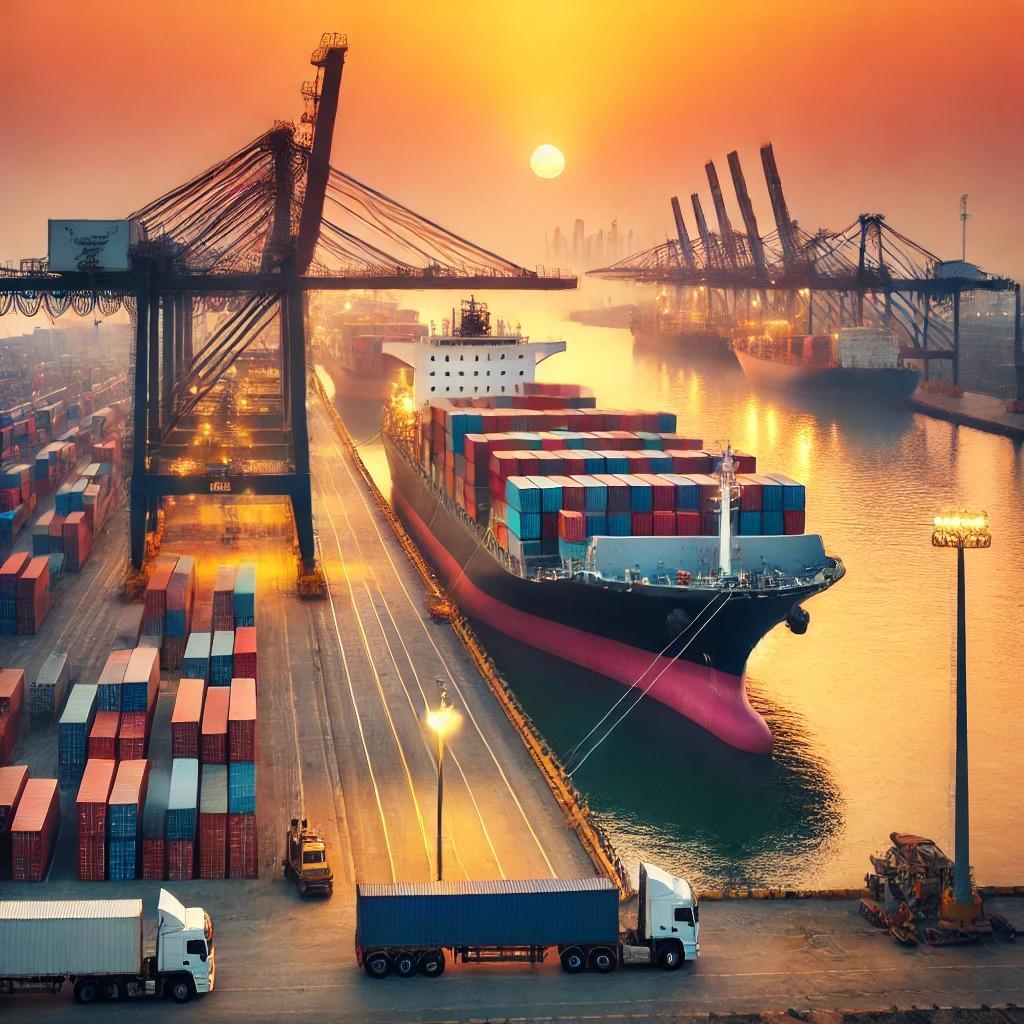
Piyush Goyal Urges Shipping Industry to Leverage Cabotage Laws
The Indian shipping industry has been facing a significant decline in the number of flagged vessels in recent years. In a bid to boost the sector, Union Minister Piyush Goyal has called upon the industry to take advantage of the cabotage laws and capitalize on the shipbuilding opportunities available in India.
Cabotage laws refer to the regulations that govern the use of domestic shipping vessels for transportation of goods within a country’s territorial waters. These laws are designed to promote the use of local shipping companies and vessels, thereby boosting the domestic economy and creating employment opportunities.
Speaking at a recent industry event, Goyal emphasized the importance of leveraging cabotage laws to promote Indian shipping. He noted that India does not currently have enough flagged vessels to take advantage of the regulations, which is hindering the growth of the sector.
“We have a huge opportunity in shipbuilding in India. We need to take advantage of the cabotage laws and promote Indian shipping. We don’t have enough flagged vessels in India, which is a major concern,” Goyal said.
Goyal’s comments come at a time when the Indian shipping industry is facing significant challenges. The sector has been reeling under the impact of a global slowdown, low freight rates, and increased competition from foreign shipping companies.
Despite these challenges, Goyal remains optimistic about the future of Indian shipping. He believes that the sector has immense potential and can play a critical role in the country’s economic growth.
“Shipping is a vital sector for India’s economy. It is a key driver of trade and commerce, and we need to promote it to boost economic growth,” Goyal said.
Goyal’s call to the industry is not unfounded. The Indian government has been taking steps to promote the domestic shipping sector. In recent years, the government has introduced several initiatives aimed at encouraging Indian shipping companies to operate locally and flag their vessels in India.
One such initiative is the “Flag India Initiative,” which aims to increase the number of Indian-flagged vessels in the country. The initiative provides financial support to Indian shipping companies that flag their vessels in India, making it more attractive for them to operate locally.
Another initiative is the “Make in India” scheme, which aims to promote domestic manufacturing and reduce dependence on foreign goods. The scheme provides incentives to Indian companies that manufacture goods domestically, including those in the shipping sector.
Goyal’s emphasis on leveraging cabotage laws is also in line with the government’s broader strategy to promote Indian shipping. The government has been working to simplify the cabotage laws and make them more attractive to Indian shipping companies.
For instance, the government has removed the requirement for Indian shipping companies to obtain a “Coastal Shipping License” to operate domestically. This move is expected to reduce bureaucracy and make it easier for Indian shipping companies to operate locally.
Goyal’s call to the industry is likely to resonate with Indian shipping companies, which have been facing significant challenges in recent years. The sector has been plagued by low freight rates, high operational costs, and increased competition from foreign shipping companies.
In recent years, several Indian shipping companies have shut down or merged with other companies due to financial difficulties. The sector is in dire need of a boost, and Goyal’s emphasis on leveraging cabotage laws could be just the shot in the arm it needs.
In conclusion, Piyush Goyal’s call to the shipping industry to leverage cabotage laws is a timely reminder of the importance of promoting Indian shipping. The sector has immense potential and can play a critical role in India’s economic growth. By simplifying cabotage laws and providing financial support to Indian shipping companies, the government can help boost the sector and create employment opportunities for thousands of Indians.
Source:






